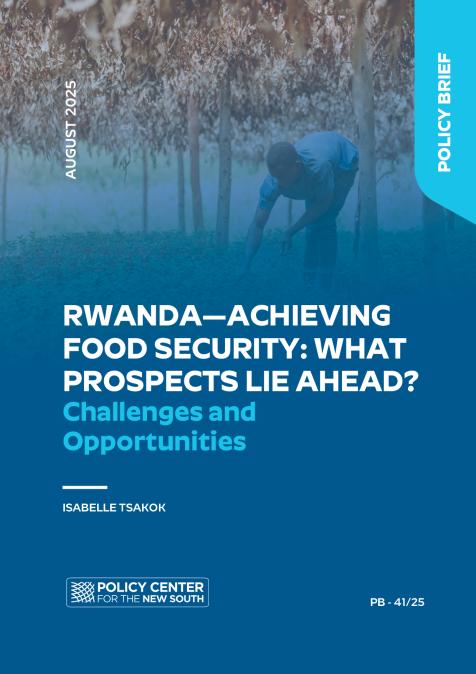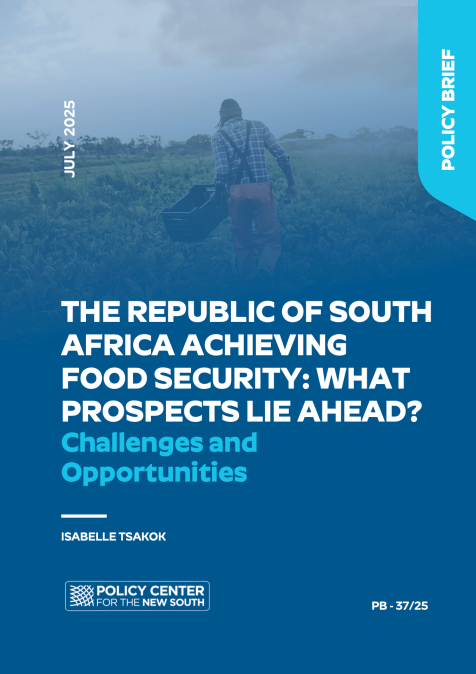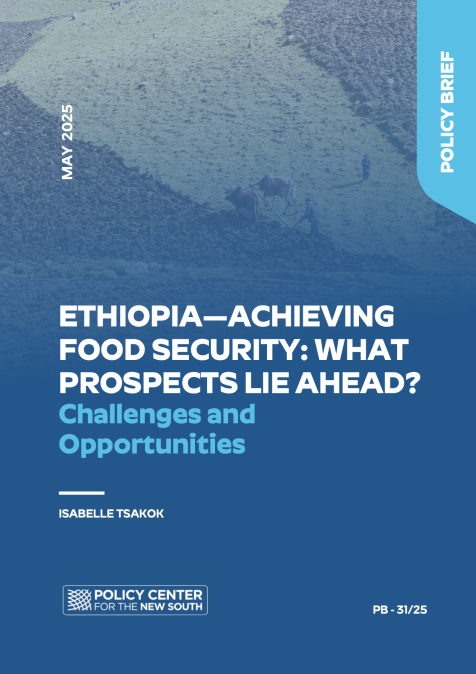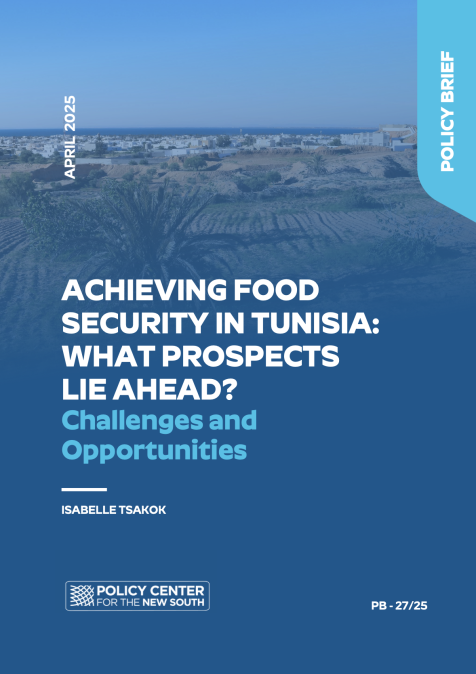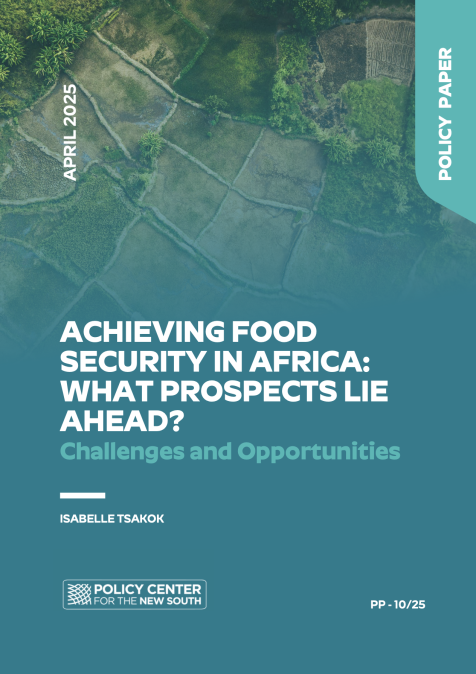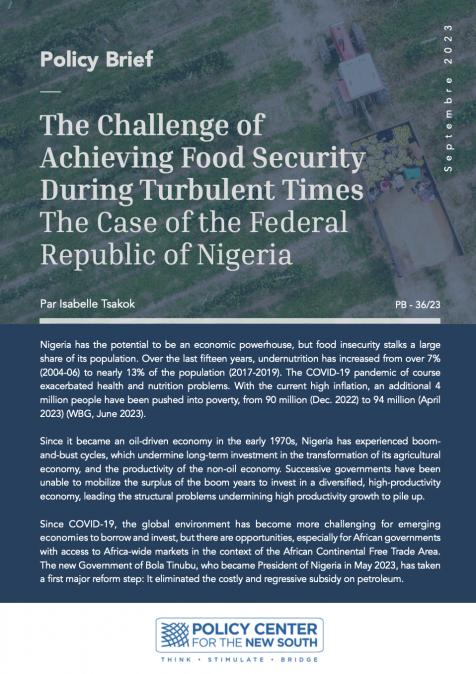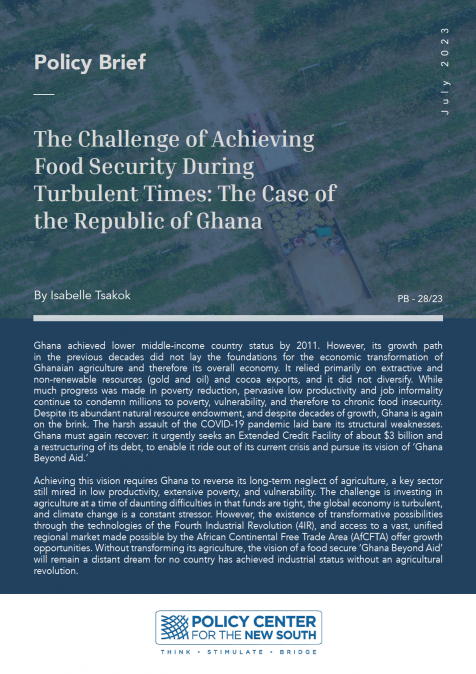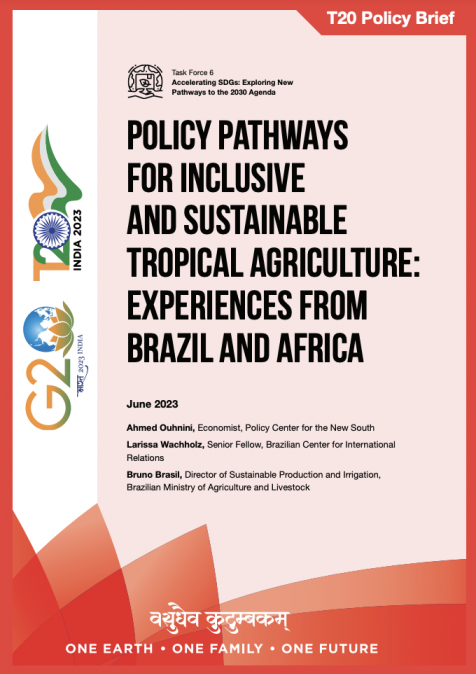Podcasts
L’agriculture intelligente face au climat
18
October
2018
Related topics:
L'agriculture intelligente face au climat (AIC) est une approche qui permet de définir les mesures nécessaires pour transformer et réorienter les systèmes agricoles dans le but de soutenir efficacement le développement de l'agriculture et d'assurer la sécurité alimentaire face au changement climatique. Dans ce podcast, Dr. Isabelle Tsakok nous explique les principes de l’agriculture intelligente et nous expose des exemples de technologies permettant de faire face au changement climatique.

